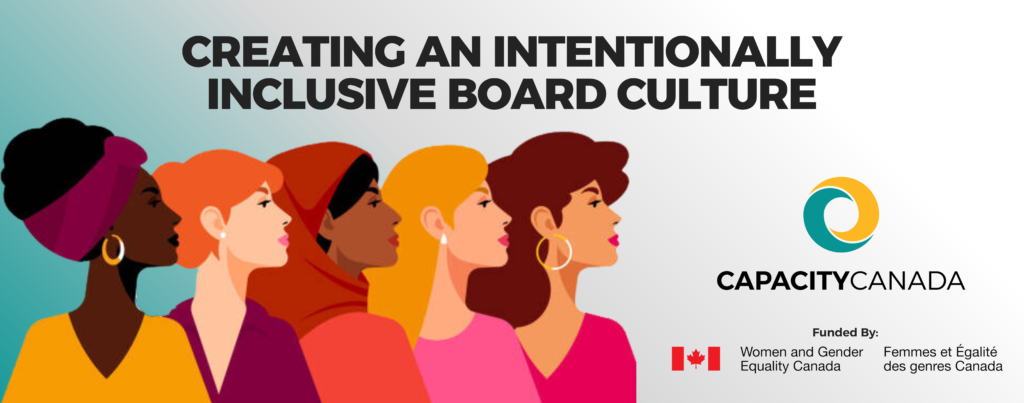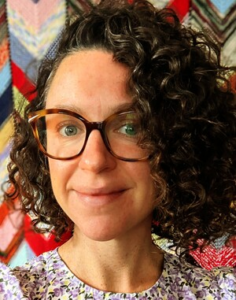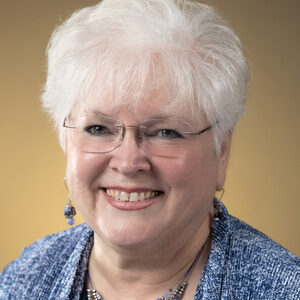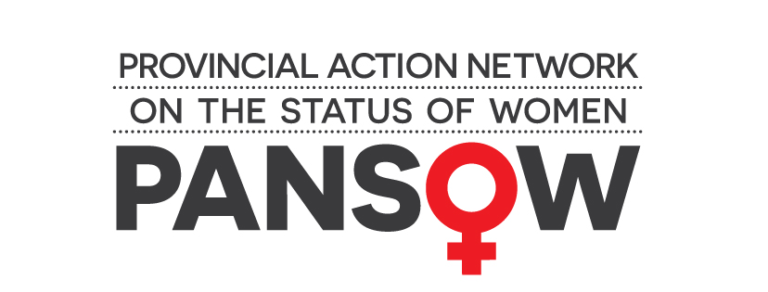
Introduction
Diversity, equity, and inclusion is a critical focus for organizations. It is also challenging to know where to begin. It is imperative that culture change is led from the top of the organization. The resources and tools that we share below are targeted at Boards of organizations that wish to bring social justice into the boardroom.
The inequities in power and privilege that exist because of sexism, classism, heterosexism, ageism, ableism, racism, and all other forms of exclusion are prevalent in general society and also on the boards of our non-profit organizations. All organizations should have a vested interest in challenging inequality both externally, in social structures and institutions, and internally, within the programs, policies, and governance of the organization. Because inequities are institutionalized, barriers to participation on boards exist for those who are marginalized by the above-mentioned forms of oppression. For example, women comprise 19.5% of the board members for Canada’s top 500 companies, and within the nonprofit sector, a 2021 Statistics Canada report showed that of those board members who replied to a national survey, 14 percent identified as being immigrants to Canada; 11 percent identified as belonging to a visible minority group; eight percent identified as 2SLGTBQIA+; six percent identified as persons with a disability; and three percent identified as First Nations, Métis, or Inuit.
Registered charities often lack diversity on their boards and are not representative of the communities they serve. To that end, Capacity Canada embarked on a project, funded by Women and Gender Equality Canada and supported by the St. John’s Status of Women Council, to create tools and training on how to create a feminist, trauma-informed, inclusive Board culture. We invite you to use these tools for education to assess where each individual is in their understanding of bias and their personal philosophy, where the Board is in its readiness to create an inclusive culture, and to get practical advice on how to get started.
Creating an Intentionally Inclusive Board Culture
Creating an Intentionally Inclusive Board Culture
Course # 1 -Using Feminist-Trauma informed approach to Inclusive Board Culture
Course #2- Board Readiness for Intentional Inclusive Culture
Course Tools/ Assessments
Meet the Team!

Laura Winters
Laura Winters, PhD, is a sociologist, adjunct professor, research fellow and community worker. In her academic life, Laura researches stigma resistance, especially in the everyday “talk back” of people who do sex work. She believes there is a need to think critically about research ethics in the context of research as advocacy with marginalized populations.
Laura has been working with community organizations in her home city of St. John’s for over a decade, currently as CEO of Stella’s Circle.
Her prior leadership experience includes the development and coordination of an outreach program for marginalized women, high-level system planning for the homelessness sector, management and executive director experience in a domestic violence shelter and most recently the position of Executive Director with the St. John’s Status of Women Council and Women’s Centre.
Laura believes in social justice, the power of harm reduction, and the collective responsibility of systems to respond to the needs of those most underserved. All her work is rooted in feminist, trauma-informed ways of being and leading.

Susan Radwan
Susan S Radwan, MEd, CAE, SMP, GSP is the owner of Leading Edge Mentoring, a governance and leadership consulting firm with an international scope of practice, based in Grand Ledge, Michigan. She is an Executive in Residence with Capacity Canada.
Radwan is the author, voice and instructor of “The Modern Board” series sponsored by Capacity Canada and delivered by Conestoga College.
Radwan holds the designation of Governance Systems Professional-Fellow (GSP), awarded from Govern for Impact which is an international association of governance professionals and practitioners. Additionally, Radwan holds certifications in Association Management (CAE), and Strategic Planning (SMP) among others.
Thank You
Thank you to WAGE Canada for providing the funding for this project and to the St. John’s Status of Women Council for their support in developing the proposal and receiving funding.
Big thanks to the members of the Provincial Action Network on the Status of Women, Newfoundland and Labrador (PANSOW), for their collective wisdom. We appreciate your time and energy in piloting and reviewing the materials for this project.




